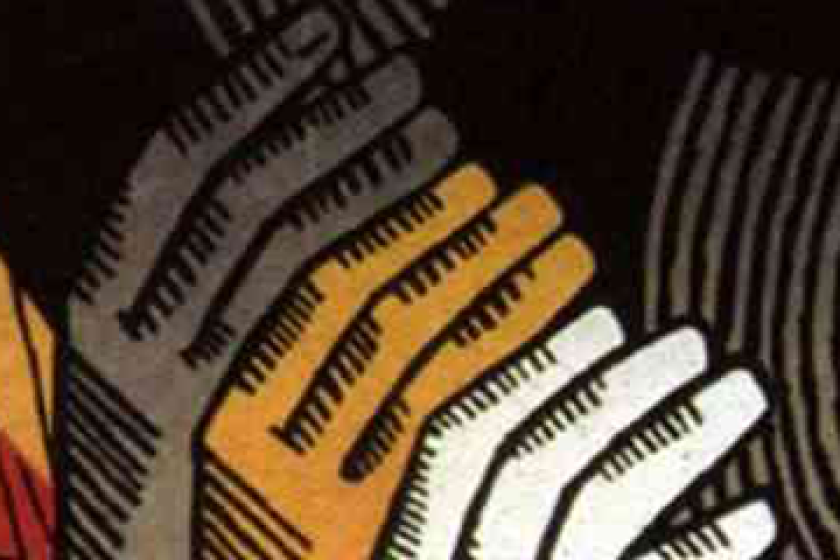Jakobi Williams was born and raised on the south side of Chicago (Englewood). Prior to joining the faculty at Indiana University, he served as an associate professor of History at the University of Kentucky, an adjunct professor at UCLA, and spent one year as a Chancellor Post-Doctoral Fellow at the University of Illinois Urbana-Champaign.
Dr. Williams is a Civil Rights, Black Power, Social Justice, and African American history scholar. He has provided hundreds of invited lectures domestically and abroad on the subjects of Civil Rights and social justice movements. He has served as an consultant regarding Civil Rights issues and African American history for the Andrew W. Mellon Foundation, Southern Poverty Law Center, The National Civil Rights Museum, The Social Justice Institute at the University of Illinois-Chicago, and the Kairos-Center for Religion, Rights, and Social Justice—which helped to found the New Poor People’s Campaign led by Rev. Barber. His most recent book, From the Bullet to the Ballot: The Illinois Chapter of the Black Panther Party and Racial Coalition Politics in Chicago, was published by the University of North Carolina Press under the prestigious John Hope Franklin Series. His other peer reviewed publications have appeared in the Journal for Civil and Human Rights; Black Perspectives; Black Women, Gender, and Families; Journal of Pan African Studies; University of Georgia Press; University of Wisconsin Press; and the New Press. His work can also be found in Jacobin Magazine, Tikkun, Mother Jones, Gawker, Vox, and the Indianapolis Star. Dr. Williams most recent awards include the Mellon Foundation funded Black Metropolitan Research Consortium fellowship, National Endowment for the Humanities grant, the National Humanities Center fellowship, and the Big Ten Academic Alliance-Academic Leadership Program award. He received his BA in History from Southern Illinois University-Carbondale, his MA in African American Studies and PhD in History both from UCLA.
Dr. Williams is completing two books, Neighborhoods First and Global Call of Power to the People. Both books examine the monumental impact of the Black Panther Party (BPP) on non-African American groups both domestically and abroad as a model for grassroots community organizing to address disparities and disadvantages. Moreover, both books demonstrate why and how groups emulated the BPP as a means for political and social change and to highlight the transnational importance of African American grassroots political activism. Neighborhoods First examines organizations in Chicago that established the multiracial original Rainbow Coalition in 1968. Global Call of Power to the People is a study of groups in Great Britain, New Zealand, Australia, Israel, Palestine, Italy, and India that did not have any direct contact with the BPP but chose to create movements in their countries modeled after the Panthers grassroots community organizing and racial coalition strategies.










